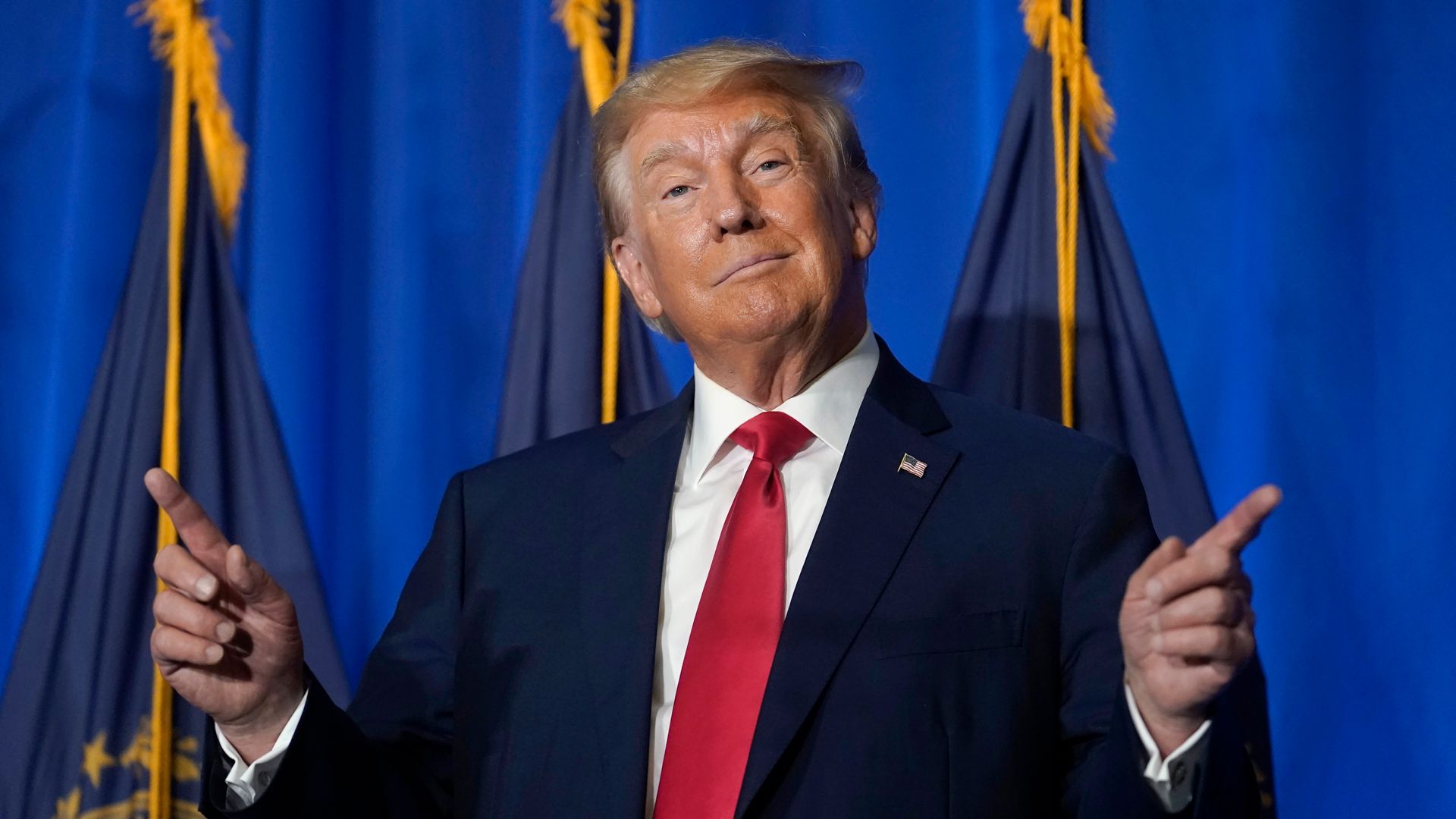
A version of this article was originally published in The Daily Brief, our Maine politics newsletter. Sign up here for daily news and insight from politics editor Michael Shepherd.
A standoff between Gov. Janet Mills and labor groups was solved late Wednesday, when the sides inked a deal that will save some of the jobs in the nascent offshore wind industry for unions, assuming they can fill them.
What ended up bringing the sides together was a veto from the Democratic governor that angered organized labor last month. They wanted companies building offshore wind ports and projects to have agreements in hand with unions. Mills and business groups argued that could hinder the industry’s development and leave it reliant on out-of-state workers.
The deal: The agreement aims to split the difference by leaving half the jobs reserved for non-union companies like Maine construction giant Cianbro and half for those with a union workforce. If the unionized companies cannot fill their share of the jobs, the measure lays out a process by which Maine workers should be prioritized in hiring.
“I think the overarching goal here is to make sure that as this new industry emerges in Maine … we’re providing good-paying wages and benefits to Maine employees and Maine people,” Mills adviser Tom Abello told the Legislature’s budget committee.
The bill, which will effectively allow for eventual port and project construction in Maine, now needs to clear final votes in the Legislature before going to the governor’s desk.
Counterpoint: The deal between the governor’s office, labor groups and key Democratic lawmakers cleared the panel with three of the five Republicans dissenting. One of them, Rep. Mark Blier, R-Buxton, said he had not had much time to review the package, which came in a major amendment to a tabled bill that was only made public around 9:30 p.m. Wednesday.
Absent from the deal were business groups. While Mills mirrored many of their concerns in the veto letter, they were not completely satisfied with the deal setting aside a certain number of jobs for unions. Ben Lucas, a Maine State Chamber of Commerce lobbyist, said his group appreciated the changes but was still skeptical of the concept and reviewing it.
What’s next: Offshore wind has been a fraught political topic due to concerns from Maine’s legacy fishing industry. While there is lots of conservative skepticism on this topic, the debate last night showed bipartisan effort to set the state up for success in the nascent sector. There is a lot to settle before projects start coming online during the latter part of this decade.
Want the latest political news? Subscribers of Pocket Politics get breaking news and analysis on their phones before the stories go anywhere else. Text POLITICS to 207-288-7412 to get in. First two weeks are free, $3.99/month after that. Cancel any time. All links to the site are free.









